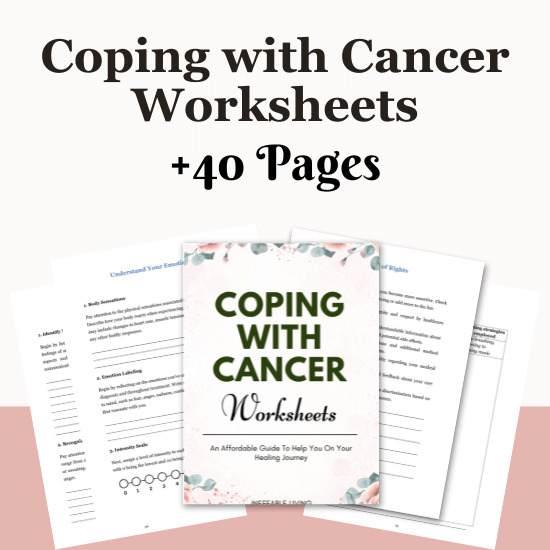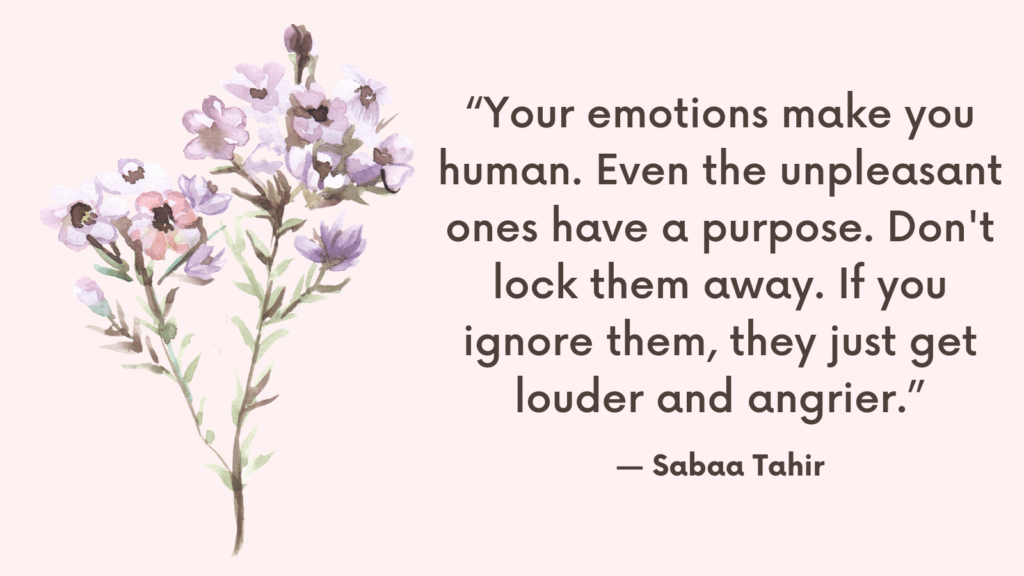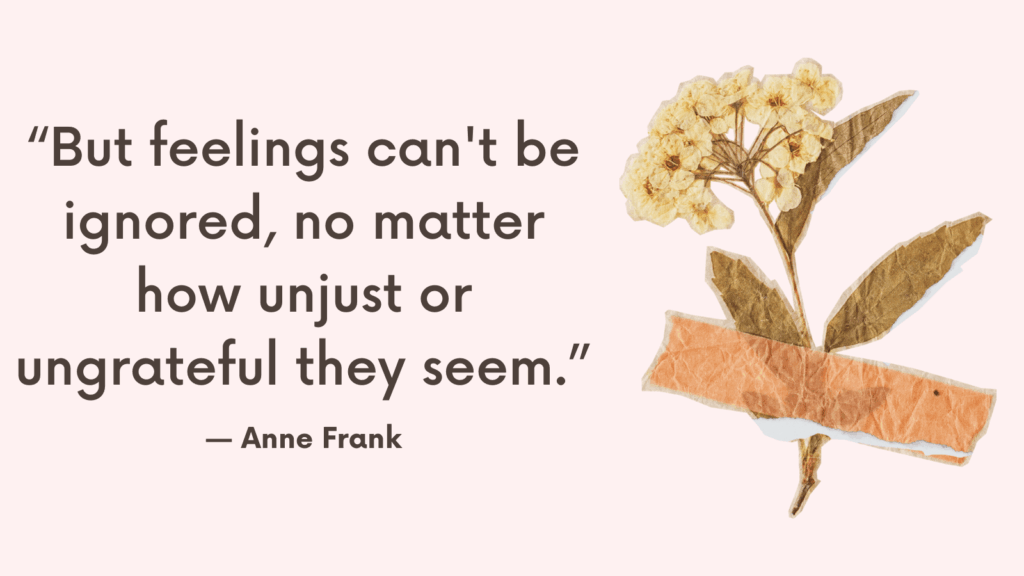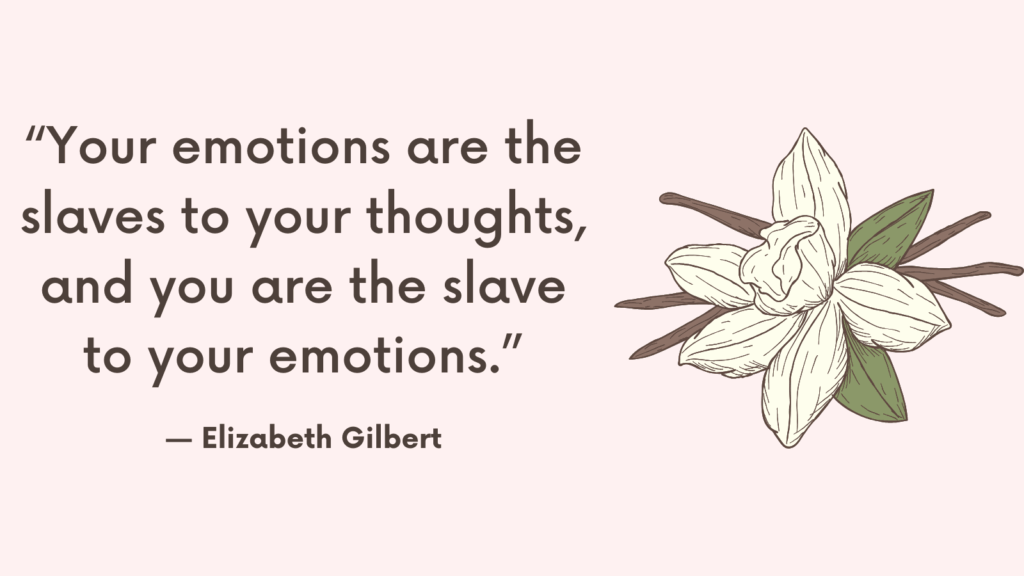End-of-life planning isn’t about giving up—it’s about honoring your life with clarity, care, and choice. It’s a quiet act of love for yourself and those you love. But starting can feel overwhelming, emotional, or even taboo. You may think: “I’m not ready.” Or “It’s too hard to talk about.” That’s okay. You can begin slowly, softly—one conversation, one question, one document at a time. Here are gentle ways to begin end-of-life planning, with compassion at the center.
Why End-of-Life Planning Matters
End-of-life planning is one of the most tender, empowering, and loving things you can do for yourself—and for the people you love. It’s not about giving up. It’s about taking gentle ownership of what matters most while you still have a voice in the process.
Too often, these conversations only happen in crisis. But when you plan ahead, you create space for dignity, clarity, and peace. You remove guesswork from your loved ones. You ensure that your wishes are honored. And you give yourself the freedom to focus on living, not just preparing to die.
Common Myths That Hold People Back
“If I talk about death, I’ll bring it closer”
“I don’t want to upset my family”
“I’m not ready to face this yet”
“There’s still time—I’ll do it later”
In truth, avoiding end-of-life planning doesn’t prevent pain—it delays peace. Starting now doesn’t mean surrender. It means you’re creating emotional safety for yourself and those who care for you.
End-of-life planning is not a single conversation. It’s a series of small, thoughtful steps. Here are 10 gentle ways to begin.
10 Gentle Ways to Start End-of-Life Planning
1. Start With One Simple Question
Instead of jumping into legal paperwork, start with:
“What matters most to me, no matter what happens?”
This question anchors your planning in meaning, not fear.
2. Think About Quality—Not Just Quantity—of Life
Ask yourself:
“If I couldn’t speak, what kind of care would reflect who I am?”
This helps guide medical choices with your values—not just your diagnosis.
3. Choose a Trusted Person to Speak for You
Select someone who understands your wishes and can advocate for you. This person (your healthcare proxy or power of attorney) should be calm, compassionate, and clear on what you want.
Related: How to Protect Your Mental Health After a Cancer Diagnosis?
4. Write Down Your Wishes—Even If They’re Not Legal Yet
Jot down your preferences:
- Who you want by your side
- What music, faith, or rituals comfort you
- What kind of care or setting you prefer
It doesn’t have to be formal to be powerful.
5. Use Guided Conversation Tools
Books, card decks, and websites like The Conversation Project offer prompts that make difficult topics easier to explore—alone or with others.
6. Frame the Conversation With Loved Ones as an Act of Love
Say:
“I want to talk about some things not because I’m giving up, but because I care about making things easier for you someday.”
This opens hearts instead of triggering panic.
7. Focus on Small Steps, Not a Perfect Plan
Start with one thing: a will, an advance directive, or a conversation. You don’t need to complete everything at once. Each step creates clarity and peace.
Related: How to Cope with Scanxiety: The Dread Before Every Follow-Up
8. Include What Brings You Comfort and Dignity
End-of-life planning isn’t just medical—it’s emotional and spiritual. Include preferences for music, touch, prayer, nature, legacy letters, or anything that makes you feel you.
9. Keep Revisiting and Updating Your Choices
What you want today may change. That’s okay. End-of-life planning is a living process. Come back to it with new experiences, wisdom, or clarity.
10. Remember: Planning Is a Gift
You’re not just making decisions—you’re offering future peace. You’re reducing uncertainty, stress, and emotional burden for those who love you. That’s love in its purest form.
Related: You’re Not Just Tired: Understanding Cancer-Related Depression

Conclusion
End-of-life planning isn’t about death—it’s about how you want to live until then. You’re allowed to take your time. You’re allowed to feel emotional. But when you begin, even gently, you’ll find a deep kind of strength waiting for you: the power to choose, the power to be heard, and the power to make space for what matters most.



